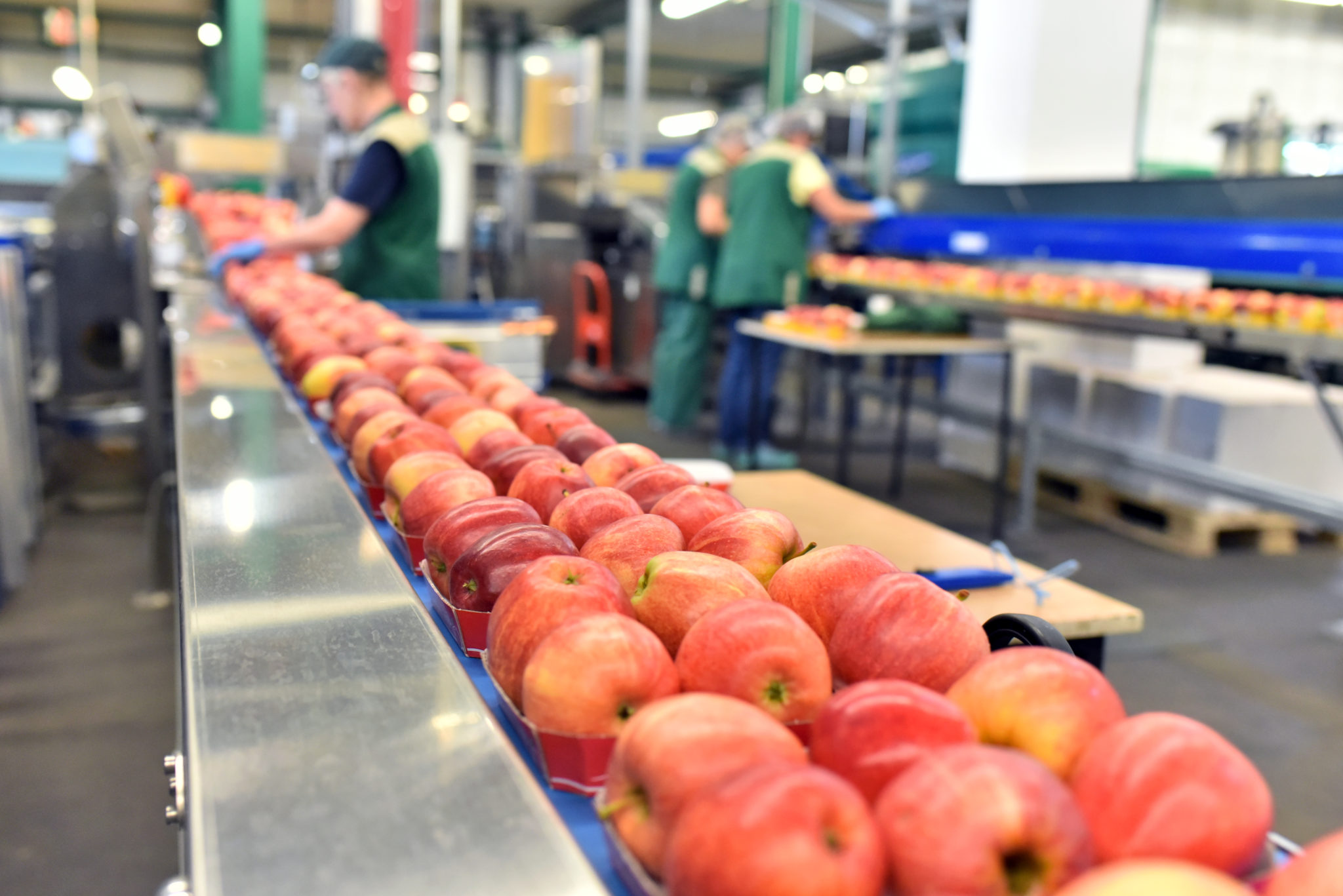Cut Back on Costly Food Product Recalls with Centric PLM

Food product recalls: we’re all familiar with them. Whether it’s a mislabeled item or a contaminated bag of leafy greens, product recalls wreak havoc on the food supply chain, especially for food producers, brand owners and retailers who have to face serious ramifications of a pulled product.
What are the implications, and how bad are they? Read on to explore the major impact of a food product recall and understand the financial, legal and reputational risks involved. Then learn how food and beverage producers, brands, grocery retailers and other supply chain stakeholders can better equip themselves with innovative Product Lifecycle Management (PLM) technology to mitigate or lessen the disastrous aftermath of a food product recall.
Food Recall Fallout
If it’s discovered a box of crackers labeled “nut free” actually does contain nut-based ingredients, it’s up to the producer, retailer or brand owner to voluntarily alert the appropriate regulatory agencies in charge of food safety and put a halt to further production and distribution. Similarly, if a producer, retailer or brand owner learns an ingredient used in a handful of formulated products is either contaminated or sourced from a non-compliant vendor, those stakeholders then have to cease production and distribution of every single product in which the ingredient is found. They’re also responsible for the removal of all affected products from store shelves and existing inventory.
What happens next is a ripple effect of devastating fallout. For producers, brands and retailers, that starts with a steep decline in consumer trust leading to lost sales. And while larger businesses have a sizeable cash flow to handle these short-term losses, the more detrimental, long-term effect comes in the form of decreased trust among consumers, resulting in brand degradation or complete desertion. Smaller businesses—they’re even more susceptible to financial damage, since they typically don’t have the same deep pockets as their corporate counterparts. Considering the stiff costs of a product recall—item replacements, government sanctions and lawsuits, for starters—just a single case could spell disaster for any food and beverage business.

Monitor Recall Red Flags with Centric PLM
What’s the best way to mitigate a costly product recall? It starts with a digital PLM solution, like Centric. Here’s how food and beverage producers, brands and retailers can leverage the innovative technology of Centric PLM™ to spot recall red flags before it’s too late.
Centric PLM for Food and Beverage gives users end-to-end tracking capability and 100% visibility into all decisions related to product approvals, including formulation data, ingredient declarations and analysis reports. Each product’s information is catalogued within the platform, making it easy to track individual items affected by a contaminated or non-compliant ingredient.
If, for example, a certain milk derivative used in a chocolate product is either deemed contaminated or unsuitable for consumption, users need look no further than Centric to identify all other products across the brand portfolio formulated with that very same ingredient. Equipped with this data, producers, brands, and retailers can take appropriate action and quell additional recall risk.
With Centric PLM, food and beverage teams can collaborate and share a centralized system of record, a single version of the truth that captures and records all product data in real time, including information on project status, vendor management, ingredients, allergens, formulation, packaging and final approval. Teams can then use this data to create a catalogue of standardized ingredient listings and label design templates, which lends a hand in streamlining package design workflow and eliminating redundancies. More importantly, food and beverage teams can trace allergen-specific ingredients across the brand portfolio to ensure any formulated product with that specific ingredient contains an allergy warning on its label.
For every formulated or manufactured food product, Centric PLM keeps a living record of individual sourcing and vendor information, like whether a specific processing facility is regulatory compliant, or whether a vendor outsources certain ingredients from a third-party contractor. This way, product and packaging engineers can trace ingredient and packaging documentation across the food supply chain.
Besides regulatory and compliance data, Centric’s cloud-based system also provides real-time updates to costing scenarios, giving users a more accurate measure of costs of goods sold based on various factors, including tariffs and altered product specs. Centric also operates across all languages and major geographies, creating an optimized, collaborative PLM experience for every user, no matter where they’re located.
With an innovative, digital PLM solution like Centric at the ready, food producers, retailers, and brand owners alike can ease the impact of a pricey product recall while enhancing product quality, workflow efficiency, and brand reputation at the same time.









